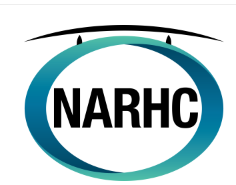April 28, 2023

Use Your Voice – Advocate on Behalf of RHC Burden Reduction Act
The National Association of Rural Health Clinics (NARHC) is requesting your help in generating support for the Rural Health Clinic Burden Reduction Act (S.198). This important piece of legislation modernizes 5 pieces of the RHC statute written in 1977 to better reflect the changing world of health care delivery.
Read More
